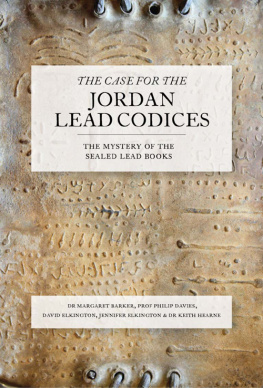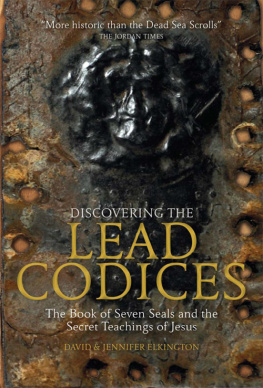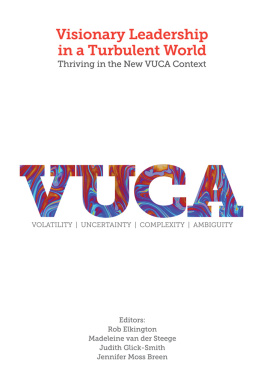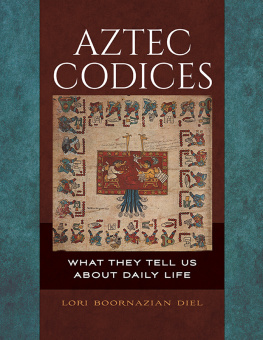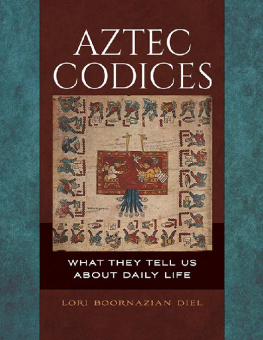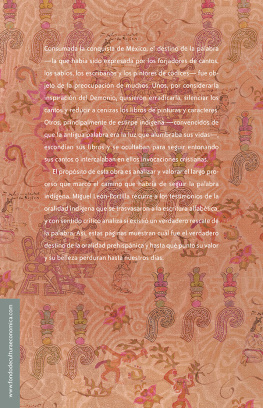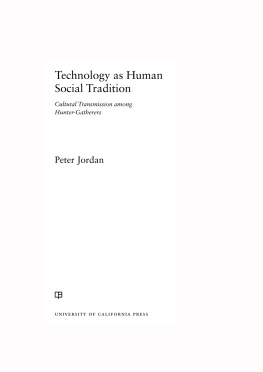THE CASE FOR THE
JORDAN LEAD CODICES
THE MYSTERY OF THE SEALED LEAD BOOKS
DR MARGARET BARKER, PROFESSOR PHILIP DAVIES, DAVID ELKINGTON, JENNIFER ELKINGTON & DR KEITH HEARNE
This book is dedicated to our esteemed friend Dr Ziad al-Saad, formerly Director General of the Department of Antiquities, Amman, Jordan.
We hope that this will come as a nice surprise.
Dr Margaret Barker has developed an approach to Biblical Studies now known as Temple theology. She read theology at the University of Cambridge and has written 18 books so far. In 2008, Margaret Barker was awarded a DD by the Archbishop of Canterbury in recognition of her work on the Jerusalem Temple and the origins of Christian Liturgy, which has made a significantly new contribution to our understanding of the New Testament and opened up important fields for research.
Emeritus Professor Philip Davies is a Professor Emeritus of Biblical Studies at the University of Sheffield, England. In the late 1990s, he was the Director for the Centre for the Study of the Dead Sea Scrolls and has written four books on the subject. He was also publisher and editorial director of Sheffield Academic Press. He is the author of numerous books and articles on Israelite history and religion, including Scribes and Schools (1998).
David Elkington is the author of In the Name of the Gods, the acclaimed academic thesis on the resonance and acoustical origins of religion. David is primarily an Egyptologist, specializing in Egypto-Palestinian links that have inevitably drawn him to the field of Biblical studies.
Jennifer Elkington was born in Key West, Florida, spending her formative years in Germany before reading Art and European History at the American University in Paris. Jennifer stayed on in Paris working in the arts before relocating to London in 1996 where she worked as a literary publicist.
Dr Keith Hearne BSc MSc PhD is an internationally known psychologist who conducted the worlds first sleep-laboratory research into lucid dreams for his PhD at Liverpool University. He devised the ocular-signalling technique and invented the first dream machine, which is on permanent display at the Science Museum in London. Dr Hearne is the Founder/Principal of the European College of Hypnotherapy and a renowned therapist. He teaches hypnotherapy, as well as the more esoteric subjects of past-life therapy and spirit-releasing therapy.
Contents
Plates
Preface
He who is to have knowledge in this manner knows where he comes from and where he is going. The Gospel of Truth
Why the need to set out the case for the Jordan, or Lead, Codices? Why has this book been written?
There is a common misconception that the codices are unprovenanced. Claims have been made recently that unprovenanced archaeological discoveries should be ignored, and there is indeed a problem with many of the unprovenanced discoveries in the Middle East.
By the time of the initial announcement to the worlds press in late March 2011, we had been studying the codices for about three and a half years, and for two of those years we had been working with the government of Jordan.
Latterly, Dr Margaret Barker and Professor Philip Davies had been in conversation with several of their colleagues both in the UK and abroad. Finally, the government of Jordan was given a Due Diligence document, containing scholarly opinions and analyses of the finds, and recommending that they were worthy of further examination.
After their initial investigations, experts in Jordan said that the Lead Codices were authentic, but some scholars in the West chose to ignore the voices in Jordan. The Jordanians commissioned testing, analysis and surveys of the discovery and its site, and spent a lot of money in the process. In contrast, the bloggers and various other commentators, who gave the impression that they were drawing on nothing more than their own opinions, denounced the discovery. They sought actively for its suppression, and even, in some cases, for its destruction. Meanwhile, experts in Jordan who were surveying the site uncovered further corroborating evidence.
It is reasonable to say that this is not an unprovenanced discovery. We know where the codices were found. It is a remarkable site in the north of Jordan, in an area first mentioned in the Old Testament and which later featured in the New Testament; particularly in the stories of Jesus and his followers.
Although this project is still very much a work in progress, the reason for this book is the hope that it will contribute to the protection of the codices and lead to their detailed study in the future, as well as to the protection of the cave site where they were found. Much damage has been done through unwitting ignorance, and even more as the result of an inexcusable determination to prevent this discovery being seen by a wider public.
At the start of this investigation, we had strong support from the Department of Antiquities in Amman and from the Jordanian government, but recent political turmoil in that part of the world has naturally focused attention elsewhere.
We hope that the publication of these essays will contribute to the preservation and study of this very significant discovery.
Introduction
We should not be too ready to dismiss unprovenanced objects...
Professor Eric Meyers, Duke University, American Schools of Oriental Research (ASOR) Annual Meeting, Baltimore, Maryland, USA, 21 November 2013.
In March 2011, it was announced that a hoard of small lead books or codices had been discovered by an Israeli Bedouin. Apparently, the artefacts (referred to here as the Lead Codices) were found in a cave in Jordan, and experts from Britain and Jordan were quoted saying that the find could be as significant as the Dead Sea Scrolls in shedding new light on early Christianity.
The announcement triggered a variety of responses, ranging from newspapers wildly speculating whether the diaries of Jesus had been found, to sceptics swiftly denouncing the objects as fakes.
The affair has raised a dilemma common to archaeology, and one that biblical archaeologists feel only too acutely: what to do with unprovenanced manuscripts, coins, inscriptions, seals and other artefacts that are not unearthed in controlled excavations but are looted and come to public attention via Bedouins, dealers and collectors?
One approach is to imply such finds are fakes. That is the policy of the Israel Antiquities Authority (IAA). The IAA adopts this policy not because it believes that unprovenanced artefacts are necessarily forgeries, but because it is a pragmatic strategy in the fraught context in which the IAA operates. Archaeology in the Holy Land is heavily compromised by politics, religion and money. Material remains that purport to date from biblical times can be exploited to support or undermine land claims by the State of Israel; they can also be used to enhance or discredit fundamentalist interpretations of the Bible; and finally, Bedouins, dealers and antiques collectors can make money out of archaeological discoveries whether those finds are real or fakes.
The IAA, understandably, wants to discourage looting. And it realizes too that if it took every unprovenanced find seriously, it would drown under the effort and expense required to authenticate each artefact. So one can sympathize with a decision to accept for consideration only properly provenanced artefacts.
On the face of it, the IAAs policy appears to be the only rational strategy. But is it? The most important biblical discoveries ever are unprovenanced artefacts. The Dead Sea Scrolls and the Nag Hammadi Gospels came to world attention not from scrupulously controlled digs but thanks to looters and shady deals on the black market.
Next page
